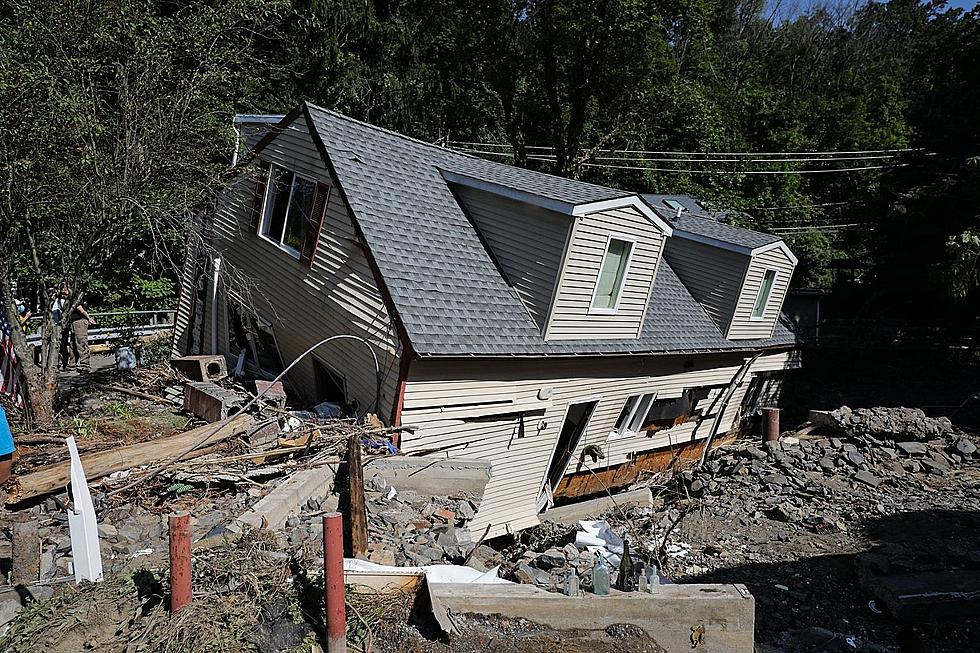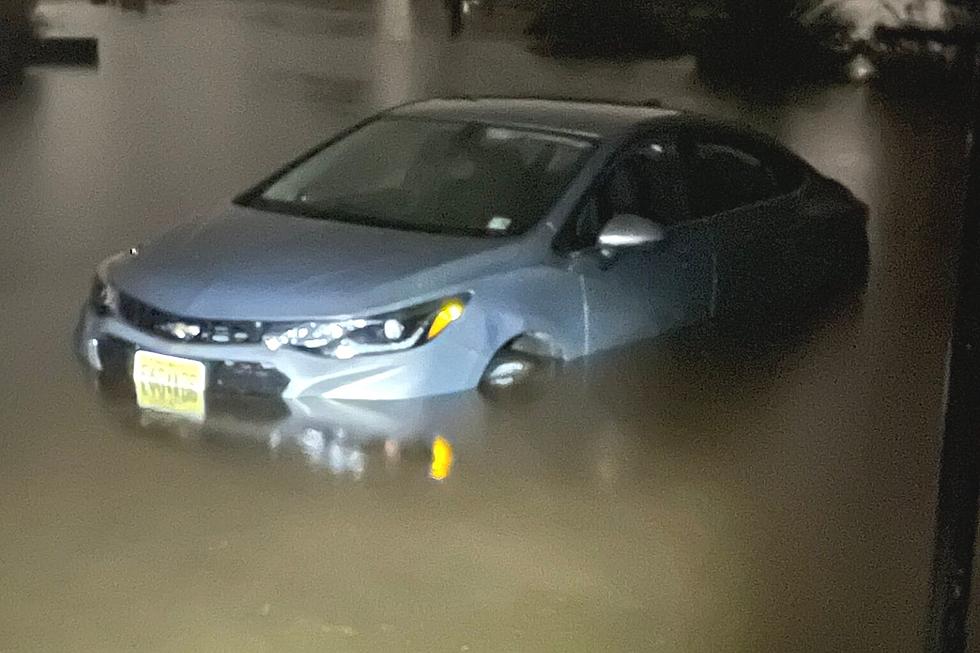
Groups debate: Does auto insurance discriminate against NJ’s poor?
Groups who believe that the system of determining auto insurance rates in New Jersey discriminates against uneducated and economically disadvantaged residents are worried that momentum behind attempting to prohibit certain rate-setting practices has stalled.
But according to a group that represents insurance companies in the Garden State, factors such as one's education, occupation and credit score are accepted nationwide as solid predictors of risk and are not unfairly discriminatory.
"Insurers do not base your premiums on race or income, it is prohibited," said Christine O'Brien, president of the Insurance Council of New Jersey. "Insurance companies use a wide range of underwriting factors that are actuarially justified."
According to the Insurance Council, the majority of New Jersey drivers would see an average auto-insurance spike of $400 if the Legislature were to pass and Gov. Phil Murphy were to sign a proposed law that would prohibit the use of five factors — education, occupation, homeownership status, marital status, and credit score — in certain automobile insurance determinations.
"In the long term ... everybody's premium over time will have to rise because the market will correct itself in terms of good drivers subsidizing bad drivers," O'Brien said. "That's not how the market should work."
The measure was approved in the full Senate by a vote of 22-9 in January. It has not been acted on in the Assembly. As of Wednesday, the measure was not on the agenda for Friday's session of the Assembly Financial Institutions and Insurance Committee.
"It's starting to feel like this is the legislative strategy — the bill passes in the Senate and then it dies in the Assembly," said John Harmon, president and CEO of the African American Chamber of Commerce of New Jersey. "I think the citizens of this state need to know that elected officials have their back. In this case, it doesn't appear that they do."
Harmon said current auto insurance-setting practices in New Jersey don't only negatively impact people of color, but low-income individuals across the state.
"In all fairness, it should be based on someone's driving ability," he said. "You can be an excellent driver, but because you don't have an 800 credit score, because you have not completed high school or gone to college and you work as a blue-collar worker ... you're going to be penalized for that."
The Insurance Council of New Jersey notes that the industry doesn't use a traditional credit score for setting rates, but instead what's known as a credit-based insurance score, which focuses on one's credit tenure, rather than an applicant's economic stresses. No state in the U.S. has permanently banned the use of credit-based insurance scoring after first allowing it.
Eric Poe, chief operating officer for Princeton-based Cure Auto Insurance, suggests that passage of the bill in question would lower rates for the majority of New Jersey residents.
Poe, who's been an advocate for years for banning the use of "income proxies" in the car insurance industry, said it may be more profitable to insure people that make more money, but that's no excuse to "punish poor people."
"Are we going to say that we are a land of opportunity when we surreptitiously allow car insurance companies to provide only the best rates for the people who most likely make the most money in our state?" Poe said.
Since 2018, New York has banned the use of education and occupation in determining rates. Michigan in 2019 legislatively prohibited insurers from setting or maintaining rates based on a handful of factors, including education level, occupation, and credit scores.
Legislation on the federal level, sponsored by U.S. Sen. Cory Booker, D-N.J., aims to "prevent auto insurance discrimination" by requiring insurance companies to use only driving records in determining rates and eligibility.
Contact reporter Dino Flammia at dino.flammia@townsquaremedia.com
Average SAT scores for every NJ high school
More From New Jersey 101.5 FM









